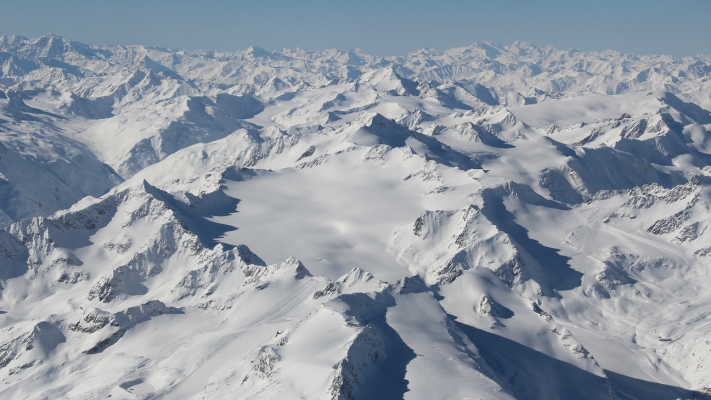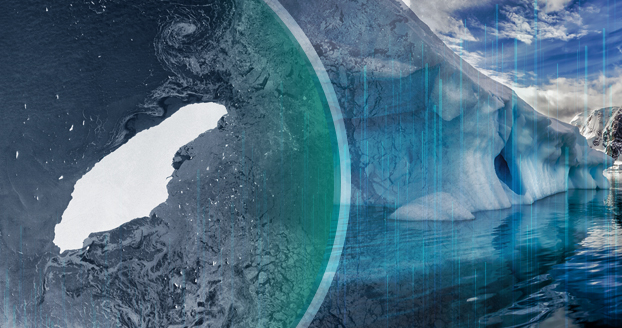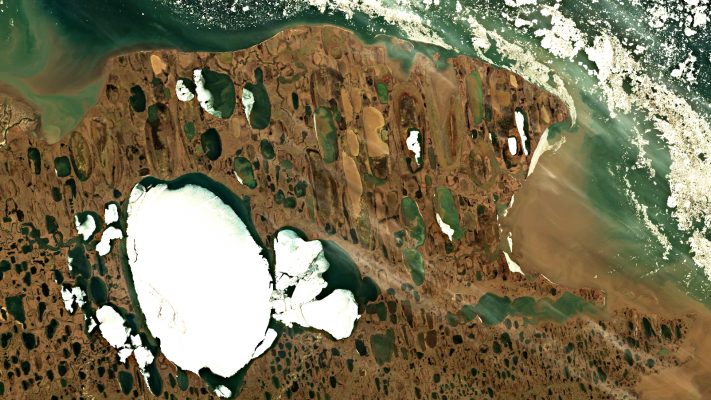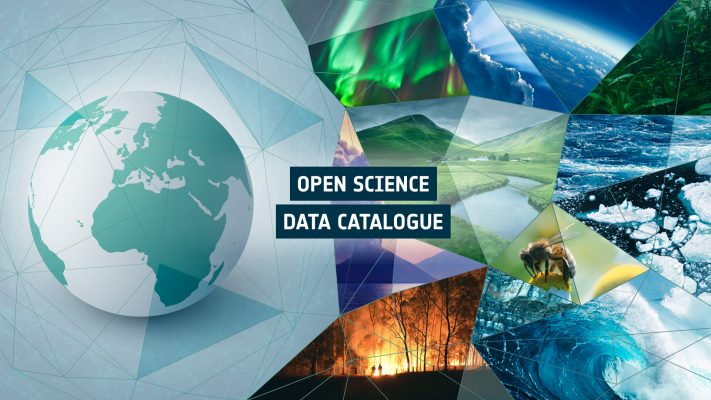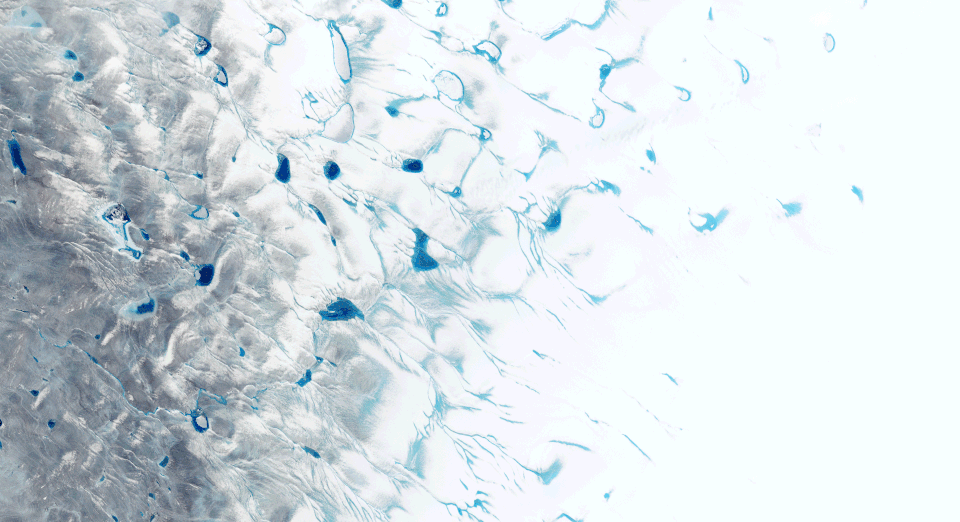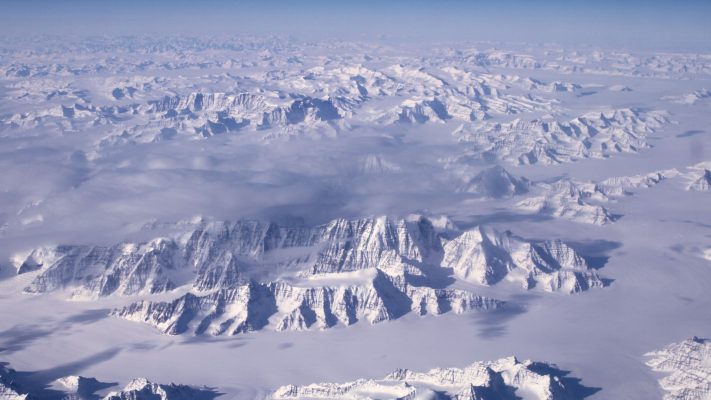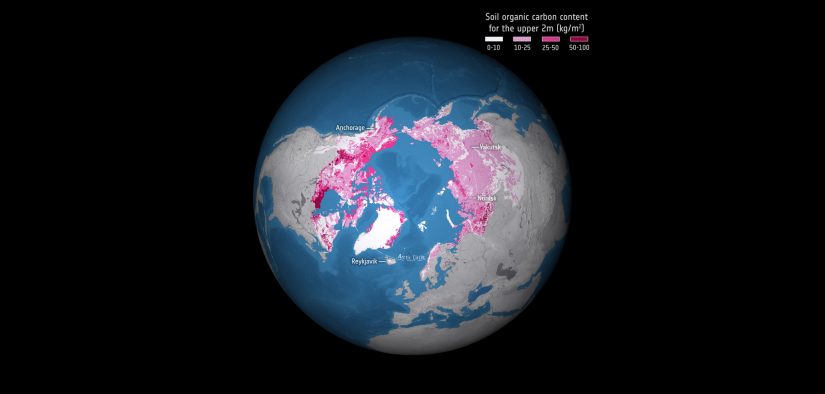Contribute your data to the Glacier Mass Balance Intercomparison Exercise
The Glacier Mass Balance Intercomparison Exercise (GlaMBIE) project is a community effort aiming for a reconciled assessment of regional and global glacier mass changes towards the next IPCC report. Anyone performing research in this domain is now invited to submit their data (either based on altimetry, DEM, in-situ glaciological, gravimetry or combined measurements) as input …

